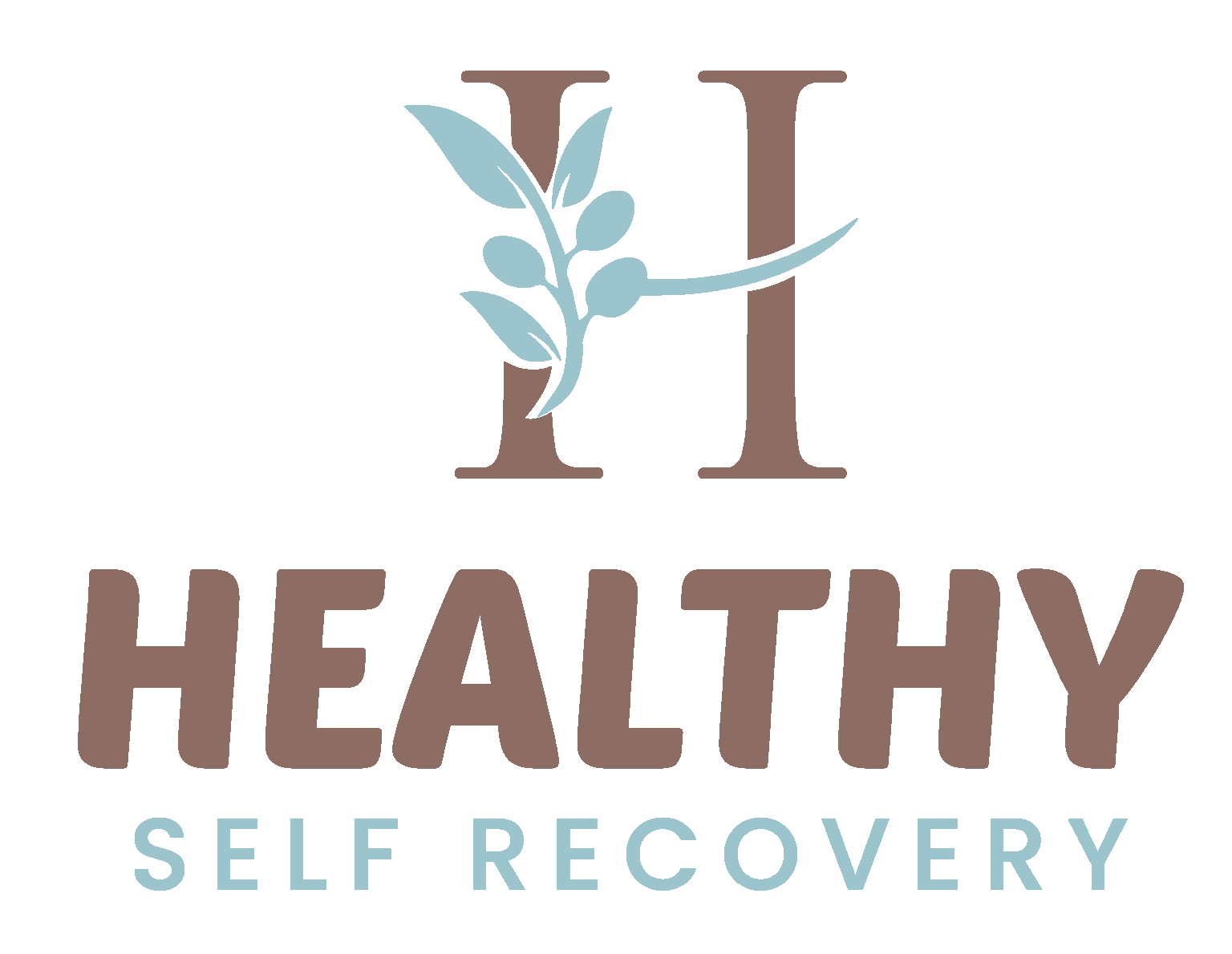Experiencing intense hunger can be a common and normal part of recovery from an eating disorder. It is also one of the most difficult, frightening, and overwhelming experiences that someone in recovery can go through, as it can truly feel as if the hunger is insatiable and that one has completely lost “control”. However, it is incredibly important to know that your body is not broken; it is not a sign of failure or willpower. This is a normal part of recovery. It’s the body’s instinctive response to years of restriction and deprivation as it works to repair and heal. This hunger is your body trying to heal. Normalising and honoring this process is an important part of eating disrder recovery coaching. This blog aims to explain why extreme hunger happens and how to deal with this compassionately, in a way that supports recovery.

Why Does Extreme Hunger Occur?
Restriction is at the heart of almost all eating disorders, and the majority of people with an eating disorder are weight suppressed. Very often, when someone starts to increase their dietary intake, the body responds by sending increased hunger signals, and suddenly, someone may feel overwhelmed by insatiable hunger. Whilst this is extraordinarily distressing and frightening for someone who has spent so much time ignoring or suppressing their hunger, it is simply a response to starvation.
With an eating disorder, hunger cues are either suppressed, or simply, there is not enough energy going around for the body to send hunger signals. When energy begins to increase, the body fights for its own survival by sending a powerful and primal signal demanding the energy it needs to do all the repair work caused by malnutrition. Whilst the most obvious signs of an eating disorder may be behaviours, mood, or weight, the reality is that when someone is in a prolonged state of energy restriction, this has a profound effect on every single system and cell in our body, and the longer this low energy state continues, the more this depletes them.
Intense hunger is the body demanding the energy and fuel it needs to:
- regulate hormones
- restore organ function
- restore muscle
- replenish nutrient stores
- regulate metabolism
Strategies for Handling Extreme Hunger
After so much time controlling or overriding hunger cues, the overwhelming physical and mental hunger is often deeply triggering for someone recovering from an eating disorder. It often triggers deep-seated fears and anxieties about being “greedy”, or that you will never be able to stop eating, and feelings of extreme guilt about the food they are consuming. In these moments, it is really important to know that your body is not out to get you; extreme hunger is a testament to the body’s resilience and drive for survival. Extreme hunger is the body’s innate and wise process, driving one toward health and healing
Eat Enough, Even When it Feels Uncomfortable
Responding and honouring the hunger may very well mean that you
- Are eating a lot more than before
- Eat more than other people
- Eat more than what is considered “normal”
- Eat when you are physically full but have mental hunger
All of this can cause an extreme amount of anxiety and overwhelm, and it may be tempting to turn to eating disorder behaviour, some as restriction, over-exercise, or other compensating behaviours, as a way of coping. However, it is important to remember that recovering from an eating disorder is not a “normal process”. By responding to your hunger, it shows your body and nervous system that food is abundant and that you are safe. Responding to and honouring your hunger helps hunger and fullness cues to re-regulate and go back to normal. Counterintuitively, to the eating disorder, brain restriction and compensation will most likely only prolong the period of extreme hunger.

Normalise the Process
It’s important to remember that many people experience extreme hunger during recovery and that it is normal and part of the process. Your body is on your side, you are not broken for experiencing it, and you are not doing recovery wrong.
Trust That Your Body Knows What it Needs
Extreme hunger will not last forever. The body is wise. With time and consistent eating, it can do the repair work it needs, and after this, the hunger will subside. Most people only experience extreme hunger for a few weeks.
Respond with Self-Compassion
Most people with an eating disorder have a harsh inner critic. Avoid the temptation to berate and shame yourself for your hunger levels. It might seem like it is a good way to “pull yourself together,” but in fact, it just increases stress and shame. Remind yourself that this is a normal, temporary part of recovery, which many other people also experience, and that your body deserves this energy after so much time being starved of vital energy. Learning to be kind to yourself is an important part of recovery, and doing this at this time is a vital part of healing.
Find Practical Ways to Manage the Distress of Eating More
After a prolonged period of eating very little, when extreme hunger comes on, it can cause a lot of digestive and physical discomfort.
- Wear loose and comfortable clothes
- Use a hot water bottle for a sore stomach
- Consider using ginger tea or peppermint capsules for nausea and indigestion
Reach out to your treatment team
Getting support for extreme hunger and the feelings, thoughts, and anxieties this triggers is really important. Talk to your therapist, dietitian, and eating disorder recovery coach so that they can help you through this process and encourage you to eat even when it is hard
Distress tolerance
Work with your team to have a list of coping techniques to hand that you can pull out and use when you feel overwhelmed and distressed by the physical and mental hunger.
Finding Peace with Food: You Don’t Have to Face Extreme Hunger Alone
If you’re struggling with extreme hunger during your recovery journey, please know that you are not alone and that this won’t last forever. If you would like some support from a compassionate eating disorder recovery coach to get through this difficult phase, please reach out to Healthy Self-Recovery for support.

Heal From Extreme Hunger with Eating Disorder Recovery Coaching in England
Extreme hunger can feel overwhelming, but you don’t have to navigate it on your own. Eating disorder recovery coaching in England can provide the tools, understanding, and reassurance you need to honor your body’s healing process. Reach out to Healthy Self Recovery today to work with a caring coach who can help you through this challenging phase. Follow these three simple steps to get started:
- Contact me to schedule a free discovery call to see if Eating Disorder Recovery Coaching is right for you.
- Begin meeting with me, Marianna Miles, a British Eating Disorder Recovery Coach
- Start healing from your extreme hunger in healthy ways!
Additional Services Offered at Healthy Self Recovery
At Healthy Self Recovery, I offer personalized eating disorder recovery coaching designed to help you navigate the unique challenges of extreme hunger during recovery. I’m here to walk alongside you as you respond to your body’s cues, rebuild trust with food, and make sustainable changes in your daily life. Whether you’re balancing a busy career, transitioning into life after pregnancy, or recovering from the pressures of athletic performance, my approach is compassionate, practical, and informed by lived experience.
Our coaching sessions focus on understanding and managing the physical sensations, emotions, and thoughts that arise with extreme hunger. You’ll also have access to ongoing text support for real-time encouragement and accountability throughout the week. For clients who would benefit from more structured guidance, I offer supportive meal sessions in a safe, nonjudgmental space, and I coordinate with your wider care team to ensure a consistent, unified approach to your recovery.
I work virtually with clients across the UK—including England, Scotland, Wales, and Ireland—as well as internationally. Together, we’ll create a plan that respects your body’s needs and supports you in building a peaceful, fulfilling relationship with food.








